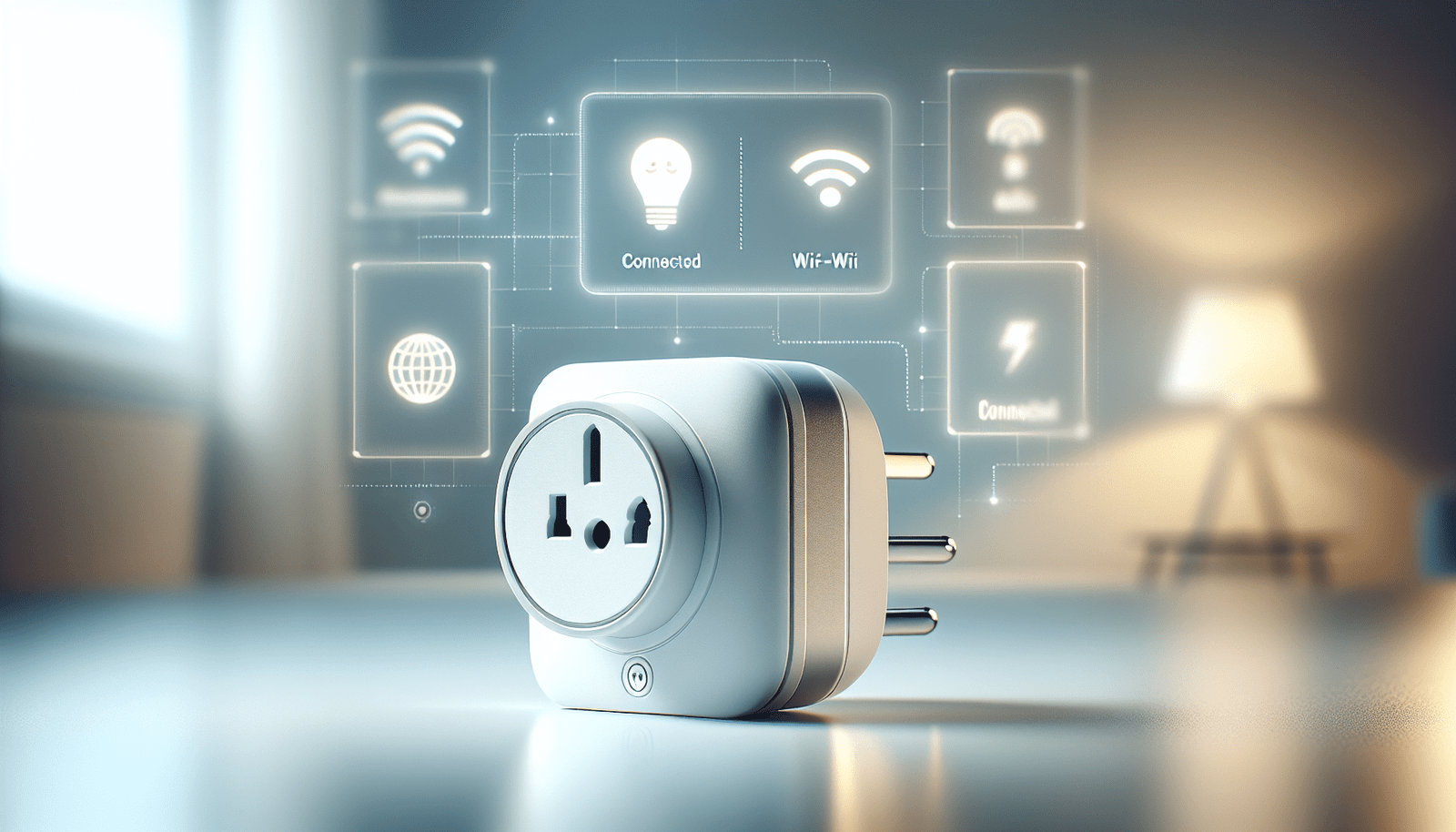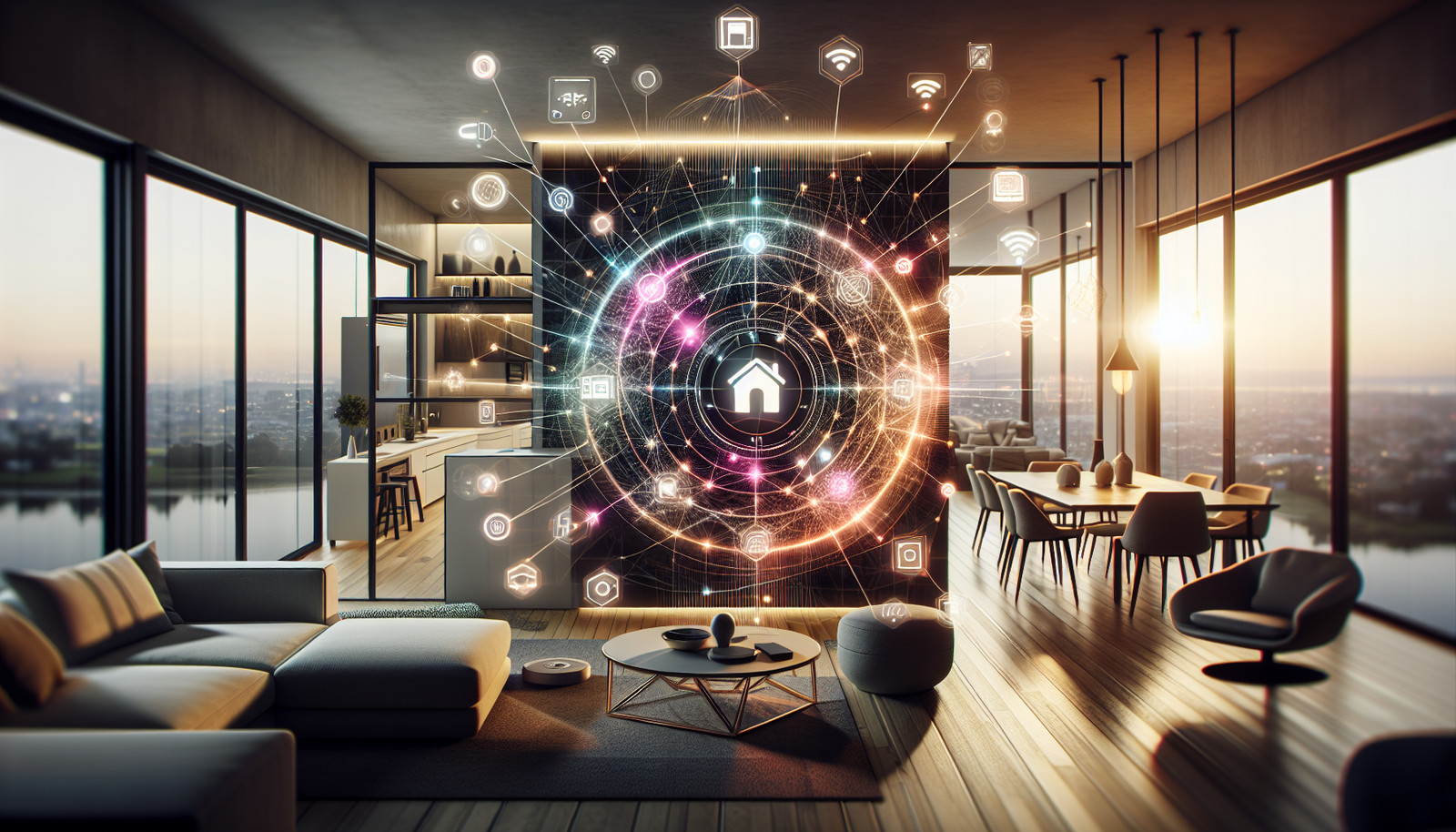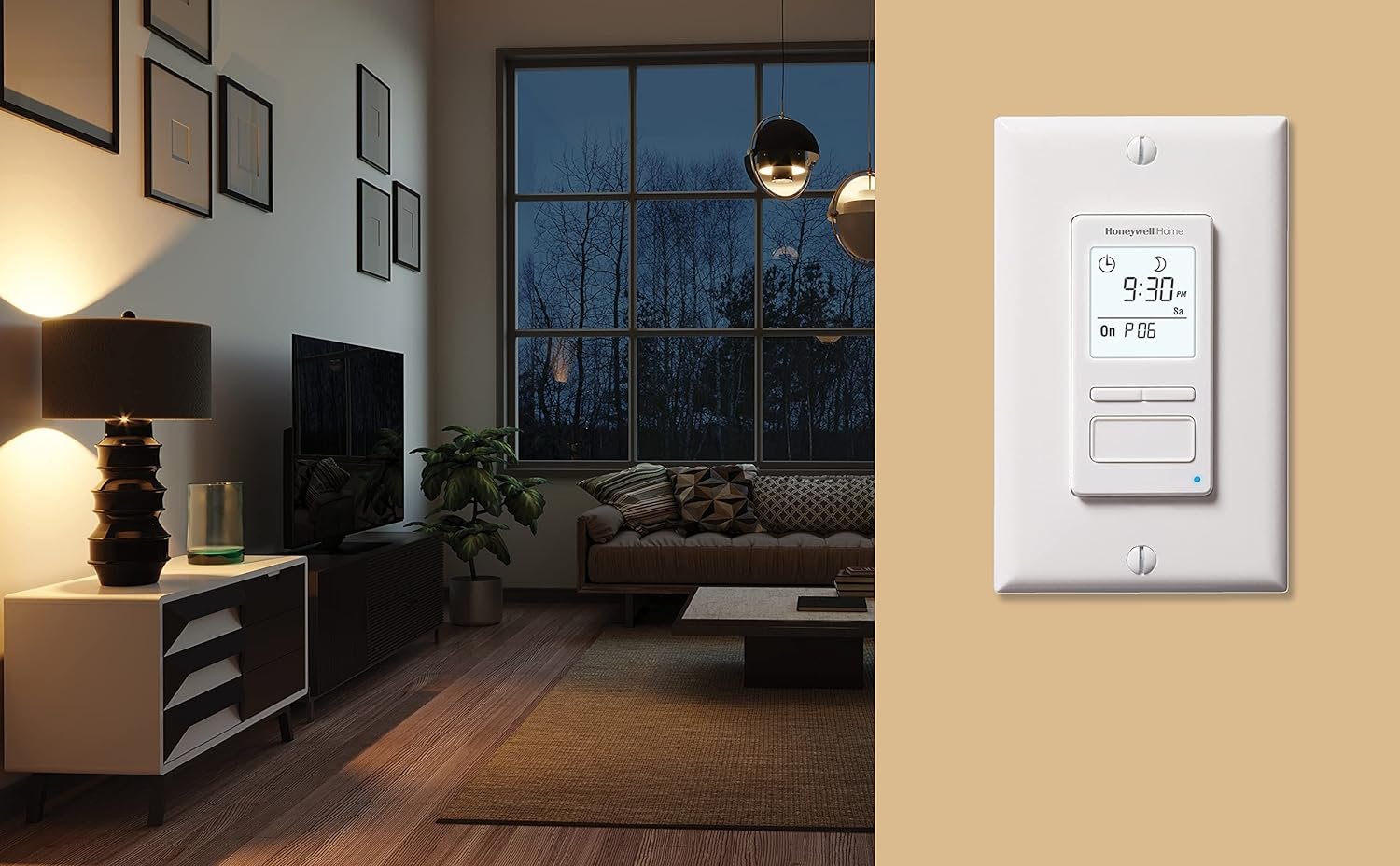Have you ever wondered if smart plugs could be impacting your home’s Wi-Fi connection? As more and more people jump on the smart home bandwagon, it’s essential to understand how these nifty gadgets might interact with your existing tech infrastructure. Whether you’re a homeowner looking to enhance your smart home capabilities, a renter seeking easy-to-install solutions, or just curious about automation, this article will cover what you need to know.
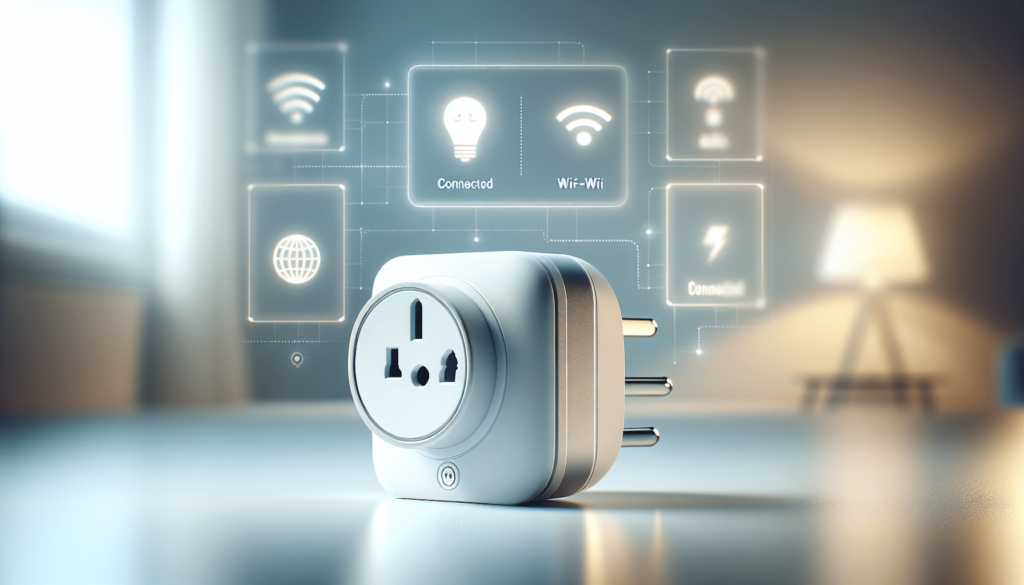
Understanding Smart Plugs
Smart plugs are an entry-level option for those interested in smart home technology. These devices are essentially adapters that allow you to control power to connected devices via an app or voice command. With smart plugs, you can automate routines, manage energy consumption, and even enhance security features.
How Do Smart Plugs Work?
These devices connect to your home’s Wi-Fi, enabling you to control electrical outlets remotely. Most smart plugs come with a companion app that allows you to schedule power on/off times, monitor energy consumption, and integrate with virtual assistants like Amazon Alexa or Google Assistant. Installation is generally straightforward—plug it into an outlet, connect it to your Wi-Fi through the app, and you’re good to go!
Do Smart Plugs Affect Wi-Fi?
Many people question whether adding smart plugs to their home network could affect their Wi-Fi performance. In short, yes, but it’s often negligible. Smart plugs rely on Wi-Fi to communicate, but they generally consume very little bandwidth. However, if you have numerous smart devices, you might notice a drop in Wi-Fi performance if your network isn’t robust enough.
How Bandwidth Can Be Affected
Most routers today handle multiple devices with ease, but every piece of tech added to your network demands a slice of bandwidth. If your Wi-Fi network is already stretched thin by smartphones, laptops, and streaming devices, adding a series of smart plugs might tip it over the edge.
The Role of Frequency Bands
Many smart plugs operate on the 2.4 GHz frequency band, which is commonly shared by most household devices. This can lead to network congestion. If possible, switching some devices to the 5 GHz band can alleviate congestion and improve performance.
Troubleshooting Wi-Fi Issues
If you notice that adding smart plugs has affected your Wi-Fi connectivity, there are a few steps you can take to improve performance.
Upgrade Your Router
Older routers may struggle with handling a large number of connected devices. If your router is outdated, consider upgrading to a newer model that supports more simultaneous connections.
Optimize Network Settings
You can improve Wi-Fi performance by configuring your router settings. Changing the channel of your 2.4 GHz or 5 GHz bands can reduce interference and improve signal strength.
Use a Wi-Fi Extender
If you have a large home, your router’s signal may struggle to reach certain areas. A Wi-Fi extender can help boost your coverage and ensure a stable connection for all your smart devices.
The Benefits of Smart Plugs
Aside from potential Wi-Fi concerns, smart plugs offer a plethora of benefits that can enhance your daily life.
Energy Efficiency
Smart plugs allow you to monitor energy consumption, potentially lowering your electricity bills. By scheduling when devices are on or off, you can reduce unnecessary energy use.
Convenience and Automation
Imagine lights automatically turning off when you leave the house or coffee ready by the time you wake up. With smart plugs, these scenarios become as easy as set-and-forget.
Security Features
Smart plugs can be part of a more extensive home security system. By controlling lights remotely, you can give the appearance that someone is home even when you’re away, deterring potential intruders.
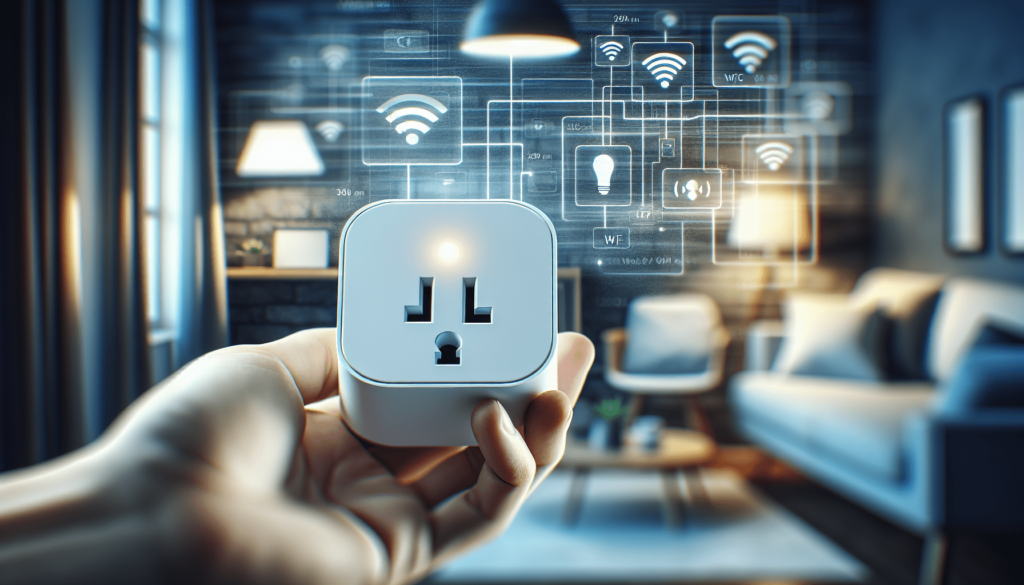
Choosing the Right Smart Plug
With so many options on the market, selecting the right smart plug can be daunting. Here’s what to consider.
Compatibility
Ensure the smart plug is compatible with your virtual assistant, be it Amazon Alexa, Google Assistant, or Apple HomeKit.
App Features
The companion app should be user-friendly and offer features like scheduling, energy monitoring, and integration with other smart devices.
Additional Features
Some smart plugs come with extra features like USB ports, energy monitoring, and support for home automation systems. Consider what features are essential for you.
Smart Plugs vs. Traditional Plugs vs. Smart Switches
To effectively decide whether smart plugs are ideal for your needs, it’s vital to compare them with alternatives.
Smart Plugs
- Pros: Easy installation, remote control, energy monitoring.
- Cons: Can be bulkier than standard plugs.
Traditional Plugs
- Pros: Simple and inexpensive.
- Cons: No remote access or energy tracking capabilities.
Smart Switches
- Pros: Control built-in lights from a wall switch, potentially more seamless integration.
- Cons: Installation is more complex and might require professional help.
| Feature | Smart Plugs | Traditional Plugs | Smart Switches |
|---|---|---|---|
| Remote Control | Yes | No | Yes |
| Energy Monitoring | Yes | No | Sometimes |
| Installation | Simple | None | Can be complex |
| Compatibility | Voice assistants, Apps | Not applicable | Smart home ecosystems |
Security Concerns
With the integration of smart technology into your home environment, security becomes a pressing issue.
How to Ensure Secure Use of Smart Plugs
-
Update Firmware Regularly: Ensure your smart plug’s firmware is up-to-date to benefit from the latest security patches.
-
Use Strong Passwords: For your Wi-Fi and any smart device apps.
-
Network Segmentation: Consider placing smart devices on a separate network to enhance security.
Future of Smart Plug Technology
The world of smart plug technology is always evolving, with manufacturers constantly looking for ways to improve functionality and integration.
Emerging Trends
Expect to see even more energy-efficient models and innovations that enhance compatibility across various smart home ecosystems. Some companies are also experimenting with machine learning to better adapt to your habits and further automate your living environments.
Potential Innovations
Keep an eye out for smart plugs that offer real-time data analytics and smarter energy management solutions. The future might bring devices that automatically switch off when not in use, minimizing energy waste without your direct input.
Conclusion
Smart plugs are transformative for the modern home, offering energy efficiency, convenience, and even security benefits. While they may have a minimal impact on your Wi-Fi, the drawbacks can often be managed through simple troubleshooting steps. Whether you’re a homeowner, renter, or tech enthusiast, smart plugs can enrich your living space. Just ensure your network can handle them!
So, if you’ve been apprehensive about the effect smart plugs might have on your Wi-Fi, rest assured. As long as you manage your network wisely, the benefits far outweigh the drawbacks. Happy automating!
Disclosure: As an Amazon Associate, I earn from qualifying purchases.
